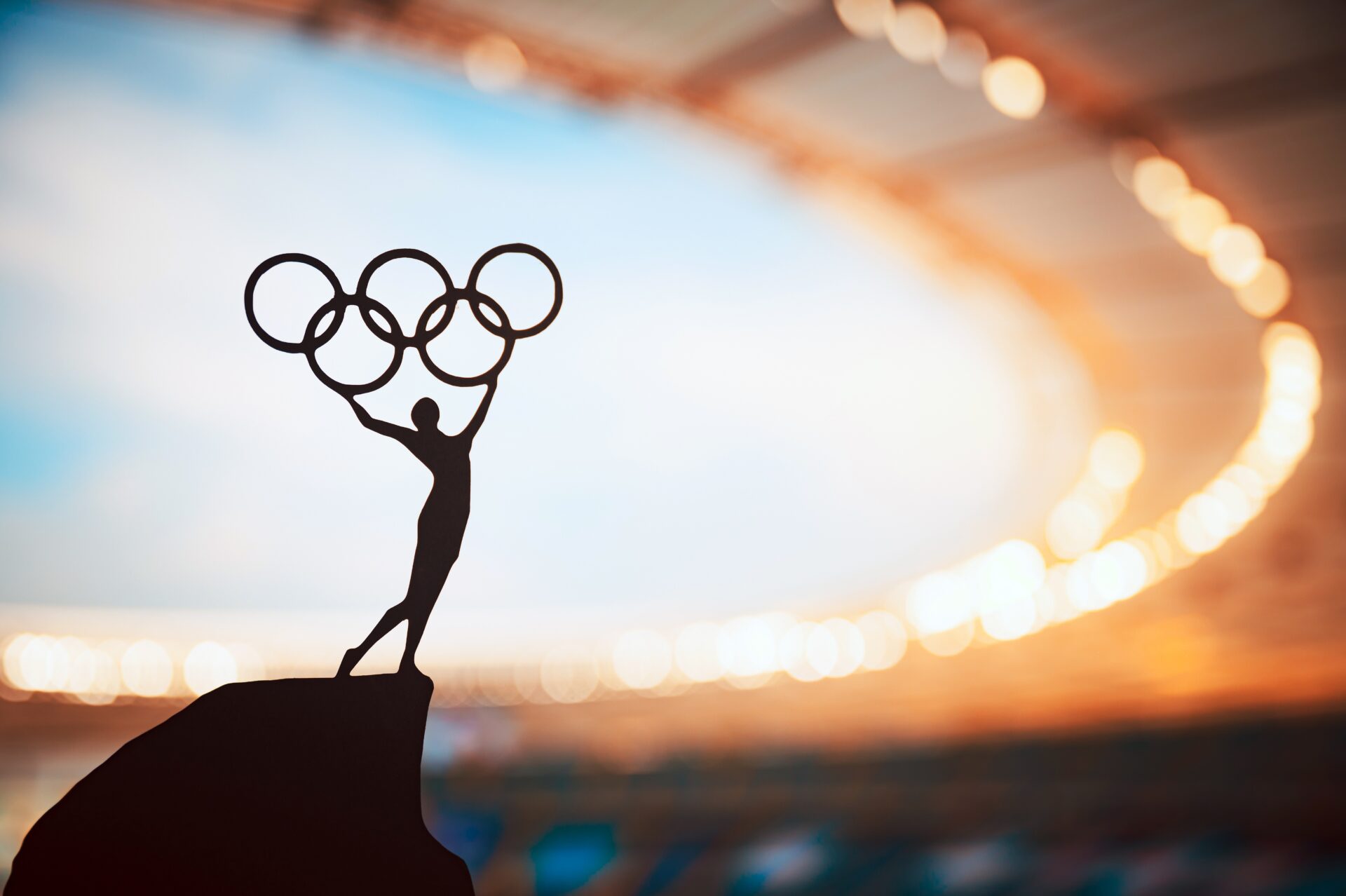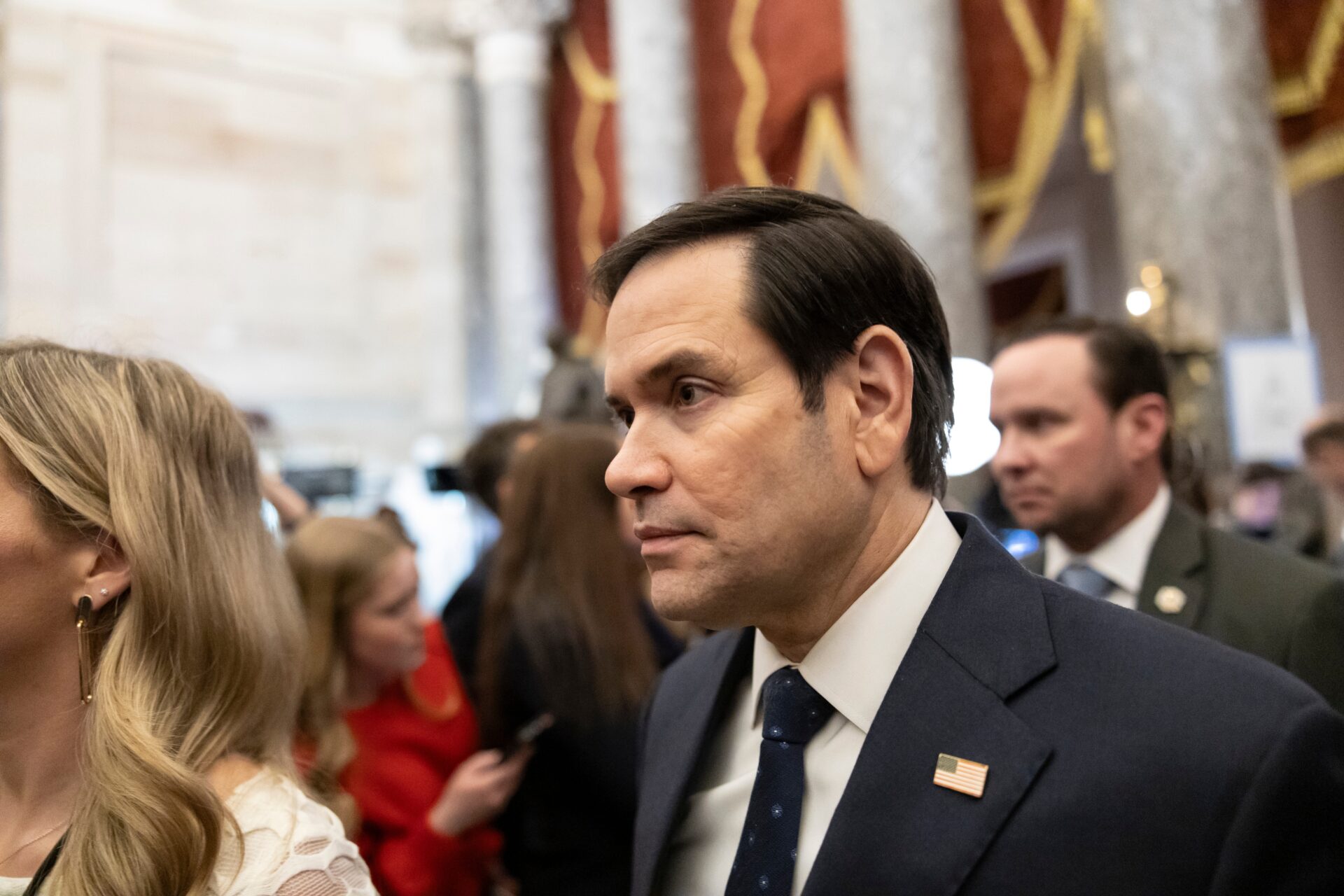
Trump Takes Control of LA Olympics!
President Donald Trump’s self-appointment to oversee the 2028 Los Angeles Olympics has triggered widespread concern over politicization and federal overreach.
At a Glance
- Trump has named himself chair of the White House task force for the 2028 Games
- Military deployment in LA tied to Olympic security has drawn local criticism
- Civic leaders warn of threats to Los Angeles’ autonomy and cultural values
- Critics fear a new precedent of federal control in international sports events
- The IOC and future host cities are monitoring implications closely
Breaking Tradition
President Donald Trump’s decision to assume direct control of the planning process for the 2028 Los Angeles Olympics breaks sharply from historical norms. Traditionally, U.S. presidents have held ceremonial roles in Olympic affairs, with operational authority left to organizing committees and local governments. Trump’s executive order establishing a White House task force under his leadership marks the first instance of a president directly overseeing Olympic preparations.
The move has intensified political debate in Los Angeles, where concerns about the federal government’s expanding role in city governance are already high. Trump has framed his involvement as an opportunity to demonstrate American strength and unity. However, critics suggest that his leadership risks transforming the Games into a vehicle for his political messaging, especially on contentious issues like immigration and national security.
Watch now: Trump and the 2028 Olympics: What’s at Stake? · YouTube
Local media figures and political commentators have expressed alarm. Gustavo Arellano, a columnist for the Los Angeles Times, has called for the city to withdraw as host, citing concerns that Trump’s influence will distort the inclusive and international character of the event. The commentary aligns with wider anxieties from city officials who view the federal encroachment as a threat to Los Angeles’ multicultural identity.
Militarization and Municipal Resistance
Tensions escalated in June 2025 when National Guard and Marine Corps units were deployed to Los Angeles under the justification of enforcing immigration policy. The federal government has also indicated that similar measures could be used during the Olympics for public safety. These actions have been met with significant resistance from city officials, advocacy groups, and residents who argue that such militarization contradicts the Olympic spirit.
The LA28 organizing committee, while maintaining formal coordination with federal agencies, faces growing pressure to protect local values and maintain community trust. Negotiations between city leadership and federal representatives are ongoing, with several council members demanding greater transparency in security planning and a clear delineation of authority.
The friction has also complicated logistical planning, including questions around protest zones, immigration checkpoints, and the use of federal surveillance tools. For a city with a strong tradition of civic engagement and immigrant rights, the stakes are especially high.
Broader Implications
The controversy has sparked a wider conversation about the future governance of international sporting events on U.S. soil. Experts note that Trump’s move could set a precedent for expanded federal intervention, blurring the lines between national policy and international diplomacy. The International Olympic Committee (IOC) is reportedly monitoring the situation, wary of the perception that the Games could be commandeered for political purposes.
This evolving conflict could influence how future host cities negotiate their bids and prepare for the logistical demands of the Olympics. It may also prompt reassessments within the IOC regarding host city autonomy, especially in politically volatile environments. With the Los Angeles Games set to begin in July 2028, the next three years will likely test the boundaries of local-federal cooperation in ways the Olympic movement has rarely seen.


